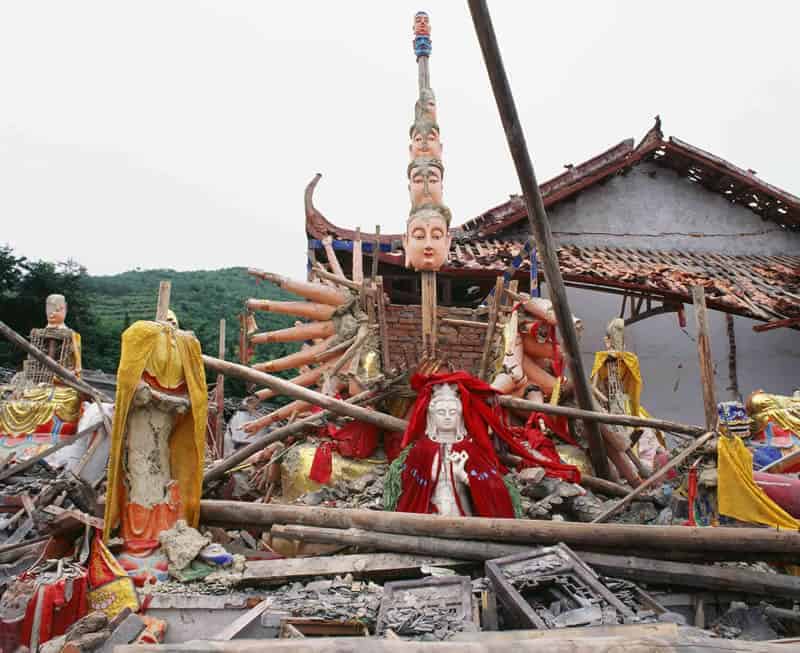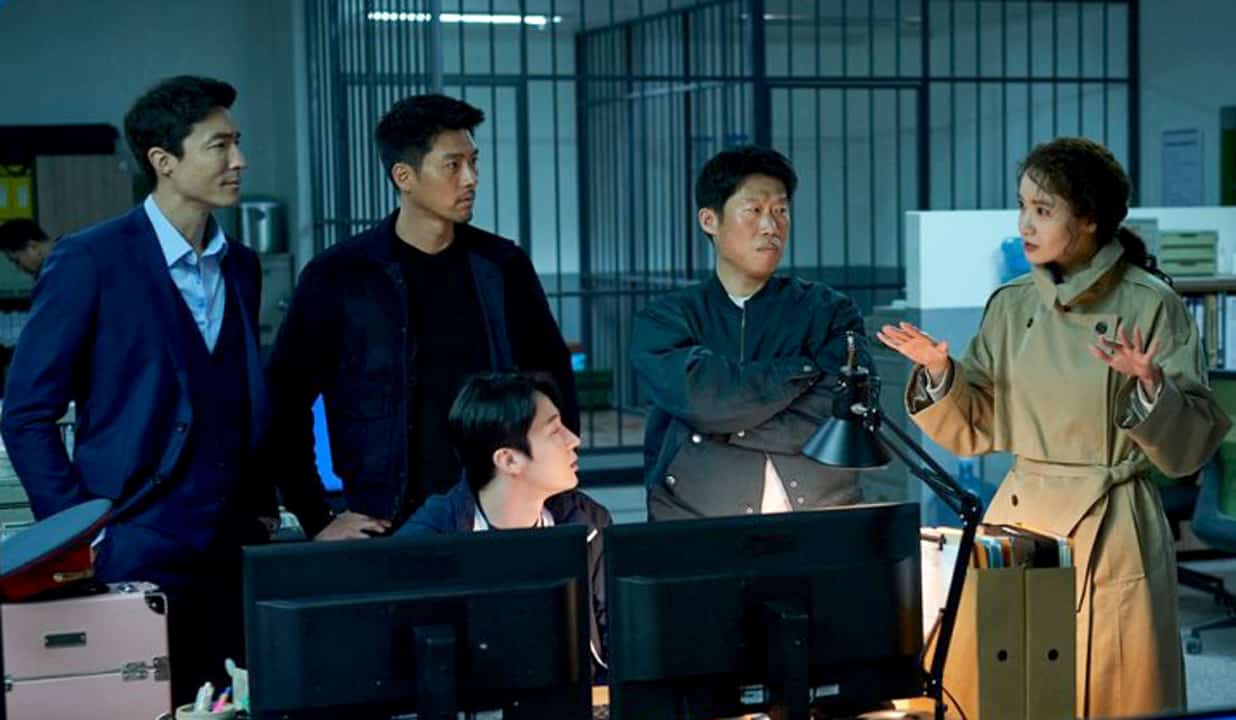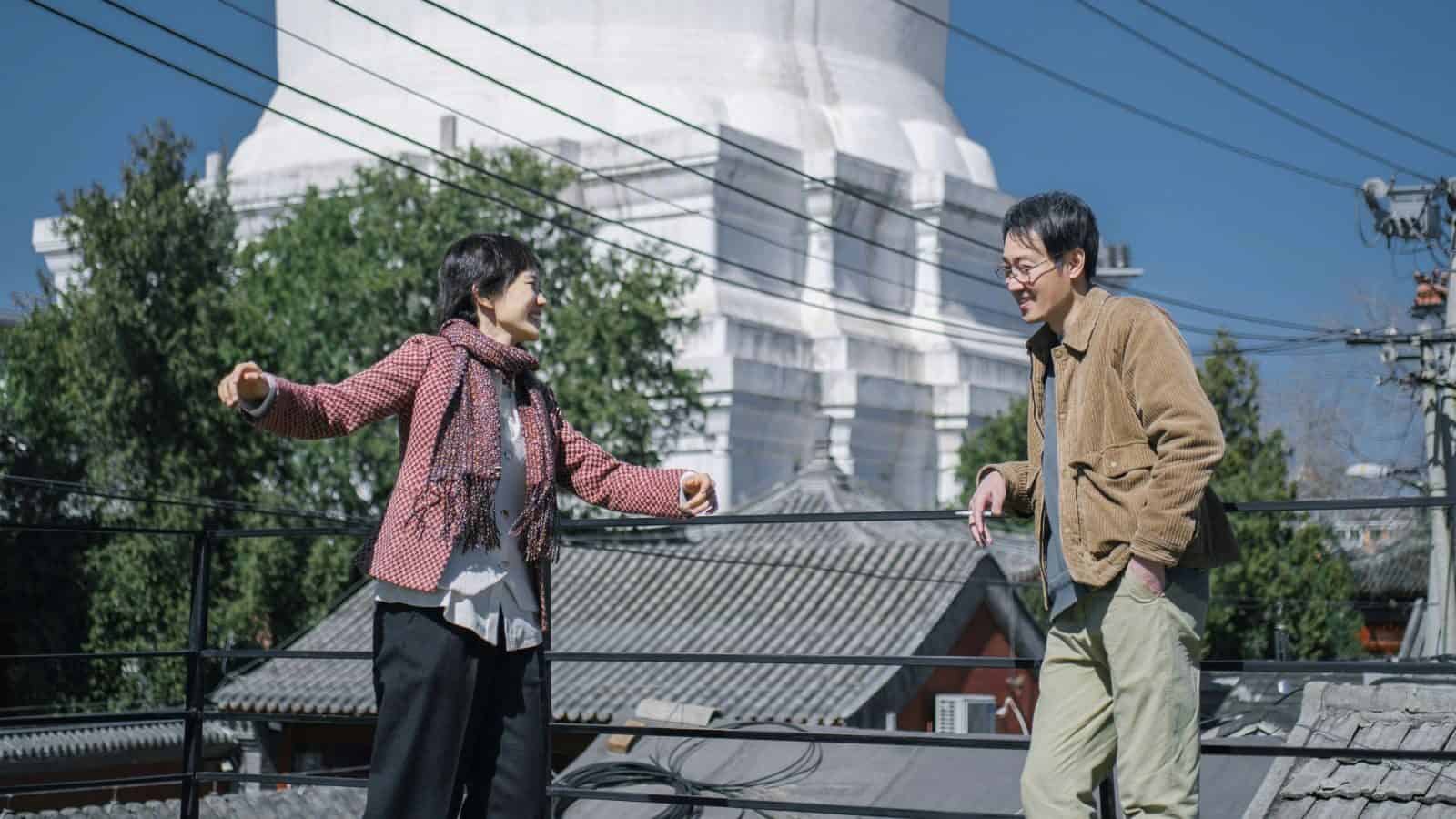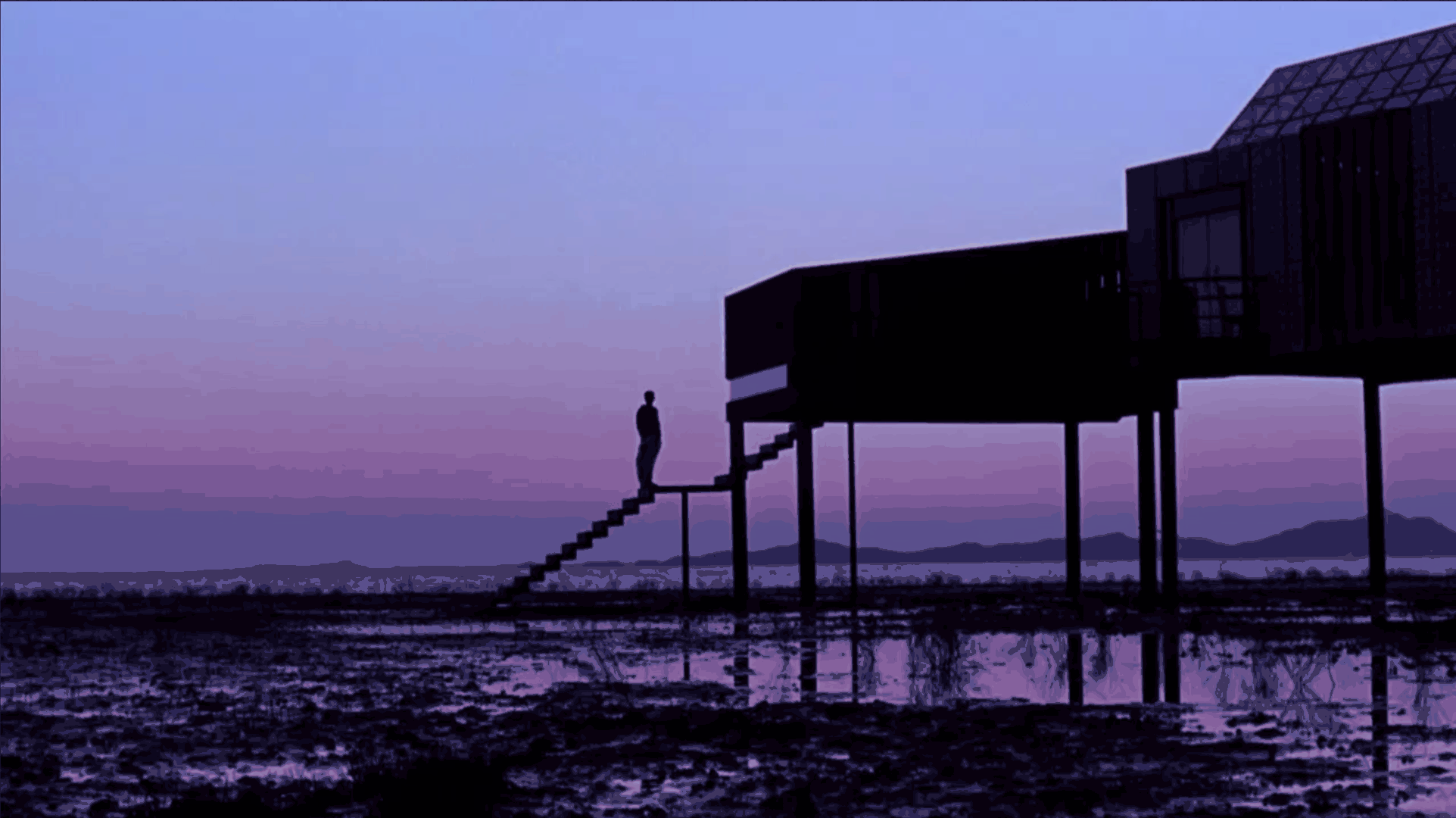How people survive a disaster? And why do we want to see images of it? These are the questions invoked by Chinese director Haibin Du's award-winning documentary “1428”. The film records what happened after the horrifying 2008 Sichuan Earthquake. The title “1428” refers to the time when the earthquake took place. However, Du doesn't show us what happened at that moment, instead he focuses on the aftermath of a disaster. Most of the time, we see people arguing with one another, criticizing the government officials without bashing the Communist Party, remembering what did they see and feel when the earthquake took place, trying to make ends meat, and grieving.
Watch This Title
In a way, “1428” is a study of different modes of representation. In its two-hour running time, it moves from a direct cinema approach to a more reflexive stance. At the beginning of the movie, Du almost never engages with the people he is filming. Du often finds something that caught his attention and keeps the camera diligently on them. Through his attentive eye, we see a family trying to find their lost child in an abandoned school, a farmer who got exploited by the middleman, and people who are frustrated by the bureaucracy's lack of efficiency. In these scenes, Du presents us emotions and feelings that are unmediated. Between these scenes, the moments we feel the author is trying to announce his opinions are the insert shots of a homeless person. These close-ups give this homeless person an extra weight of symbolic value. It is as if the film is asking us to consider that person is more than himself. Does he represent the fate of all the victims?
But at the middle part of the film, we not only learn the man's name, but also meet his father. A symbolic man becomes a son who needs to be taken cared of. Moreover, the director becomes more and more present in his film. We first hear him asking an interviewee what are the person's plans for the future. Then, in several occasions, the people in front of the camera are starting to take Du as a journalist and start to confide their troubles and difficulties to him. In a scene at a traditional market, he has to juggle between two women who want to talk to him. In this moment, the camera movement is dictated by the real people in front of it.
Finally, the movie moves into a reflexive mode. In the last scene, Du shows us that the disaster area has become a tourist attraction. We see a guide holding up a photo album, showing tourists where are the most damaged buildings in the area. People are taking pictures as if they were in front of a beautiful natural scenery. Vendors are selling DVDs and photos of the earthquake to the visitors. Documentary footages and images become another way to make a profit. This striking scene also forces us to rethink our viewing practices. What are the differences between us and the tourists? Why do we want to see or feel compelled to witness images of a disaster? Du doesn't layout a clear answer; nor does he criticize the people who are selling these images. Du interviews a young student who is helping his mother to sell earthquake DVDs and photos. We learn that he grew up here and has lost many friends and relatives in the catastrophe. Selling these merchandise is he and his mother's way to make a living. Like many people who survive the tragedy, they have to eat too.
While mostly operating in the observational mode, Du doesn't shy away from criticizing the Chinese authority. He often compares and contrasts the official propaganda and reality on the ground. In one poignant moment, a group of earthquake victims is watching a television program that is lionizing the contributions and accomplishments of the Communist Party of China and its cadres. Suddenly, the light goes out, and the room becomes pitch-black. The unstable electricity supply and the silent television set transform into sharp critiques of the Chinese government. The Communist utopia espoused by the CPC is still an unreality in this wooden shack in Sichuan province.
“1428” is not only a trenchant take on contemporary China, but also a thoughtful meditation on the forms and ethics of documentary.


















